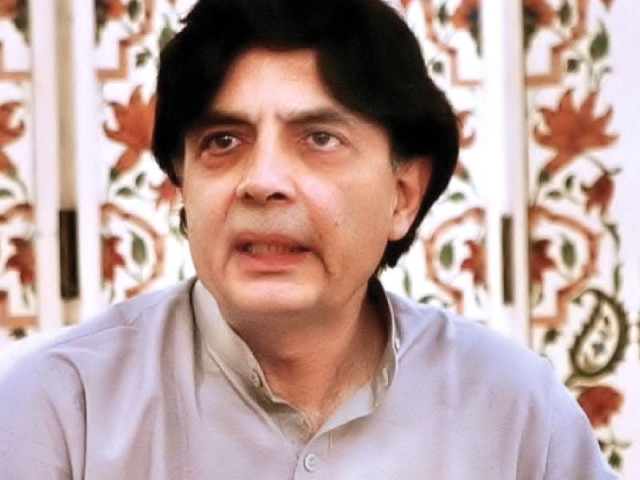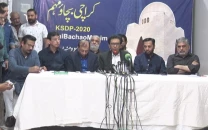Winds of change: Capital moves one step closer to local govt system
Move would overcome legal obstacles barring urban Islamabad from having a local body system.

Earlier, Chaudhry Nisar had directed the ICT Administration and the CDA to initiate the necessary paperwork and formulate proposals for local government elections in Islamabad. PHOTO: FILE
The urban areas of the federal capital might finally get local government representation. This comes after the Interior Ministry on Sunday approved the Islamabad Capital Territory (ICT) Local Government Act 2013.
The act — which must now be sent to the federal cabinet for formal approval — is aimed at bridging the rural-urban divide by introducing a single-tier system based on wards rather than union councils, a local government commission and effective enforcement of municipal functions.
Earlier, on July 31, Interior Minister Chaudhry Nisar Ali Khan had directed the ICT Administration and the Capital Development Authority (CDA) to initiate the necessary paperwork and formulate proposals for local government elections in Islamabad.
On July 22, the Supreme Court of Pakistan had ordered that local body elections in the country be held by September 15.
The functions currently being performed by the CDA’s directorates of municipal administration, sanitation, water supply, parks and health services would fall under the purview of the proposed local government. Similarly, the federal directorate of education, ICT’s local government department, and three government hospitals including Pims and Polyclinic will also be given to representatives of the local government.
The act also calls for development projects across Islamabad irrespective of rural and urban divide.
Earlier, The Express Tribune reported that the ICT Administration had also submitted a set of proposals to the Interior Ministry for conducting local bodies’ elections in urban areas of the federal capital.
Under the first proposal, the 1979 ordinance would be implemented in urban areas. District councils would be established in rural areas, while municipal committees would be set up in urban areas.
The second proposal envisages a metropolitan corporation system in which urban and rural areas would be divided.
It was also reported that the chairman of the metropolitan corporation would oversee the affairs of the city, but minor issues like the issuance of birth and death certificates would be handled separately in urban and rural areas. The chairman would also look after development-related projects.
According to the third proposal, the metropolitan corporation’s chairman would directly oversee the affairs of the capital. This system envisages a uniform pattern of municipal administration and there would be no divide between rural and urban areas.
Published in The Express Tribune, August 26th, 2013.



















COMMENTS
Comments are moderated and generally will be posted if they are on-topic and not abusive.
For more information, please see our Comments FAQ